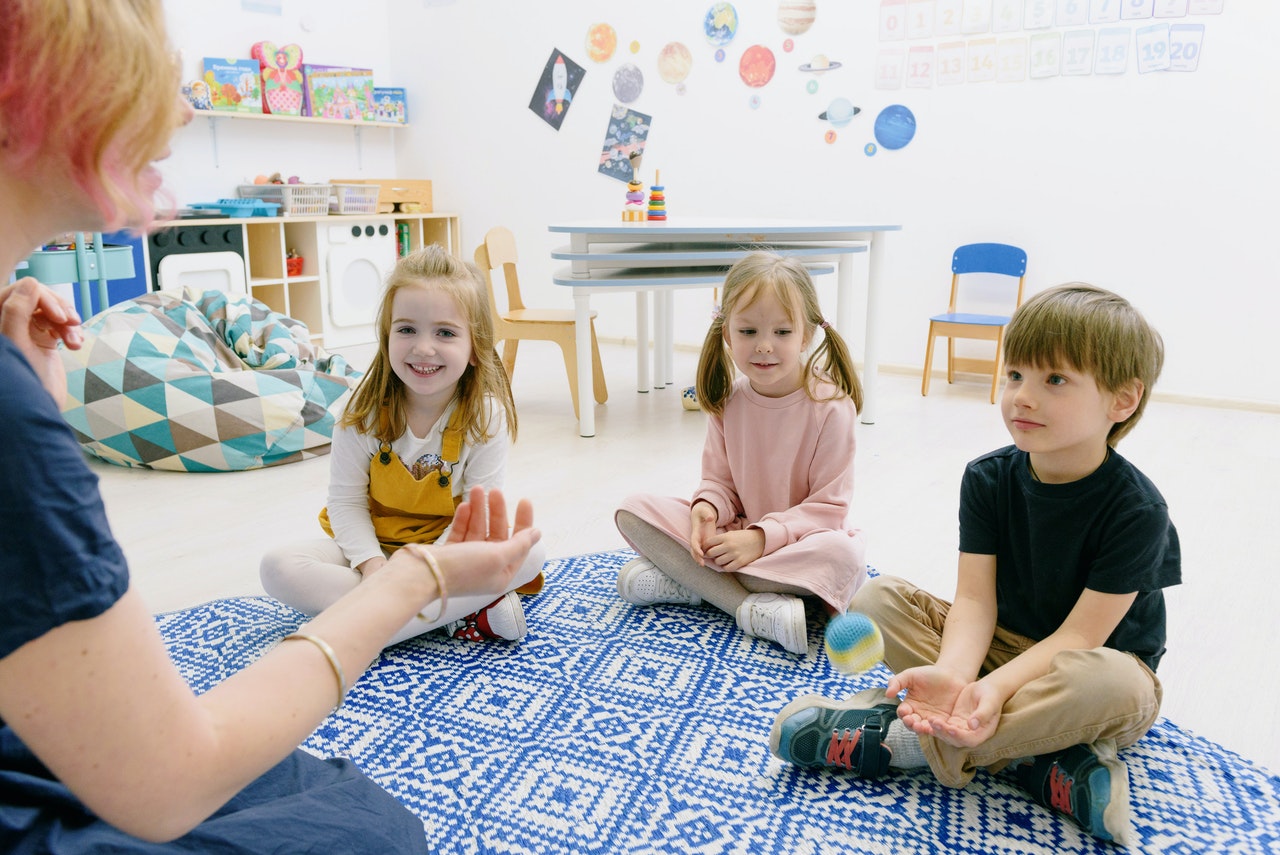How to Look after Someone Else’s Child
As a parent or caregiver of any child, there are a lot of things you have to tackle, from poor behavior right through to picky eating and the odd tantrum. Handling all of these aspects can be tricky with your own children, and they can be even more complicated and complex when the children are someone else’s. Learning how to be more to children that you care for and learning to be even more supportive is essential. Helping children to grow and develop is all part of being a caring and supportive adult, and although it may be complex, it is something you have to provide to children of all ages.
Emotional Support and Guidance
Other people’s children can come with a whole mixed bag of emotions, thoughts, and feelings. You may know what they are going through, or you may be aware of what they have been through. Being in touch with their emotions and being connected with what they are feeling and going through is a must. Being able to connect with children while also giving them time and space to connect with their emotions and feelings is crucial. Someone else’s child will need your support, and they will certainly need your guidance. Being a non-judgmental listening ear is what you have to focus on.
Fostering – Short-term and Long-term Care
When you look at fostering, you look at providing short-term care or even long-term care for someone else’s child. Within fostering, you open up your heart and your home to children (of all ages) that need support, care, and guidance. When you foster, you change lives, and you have a positive impact. To successfully foster, you have to cater to and provide for the need of one child or more (if in a sibling group). You have to provide a warm and welcoming home, and you have to be sure that you can give a child space and time.
Embrace the Child or Children
When you are looking after someone else’s child, you can find it hard to connect. They may have gone through a lot, and this may mean that they find it difficult to talk to you and to open up. Embracing children when you can and allowing them to be part of your family unit and dynamic is important. When children feel supported and embraced, they can then start to focus on their own lives and well-being, knowing that they are supported, cared for, and looked after. If children are not embraced, they can end up feeling isolated.
Deal With Feelings
All children have a lot of emotions and feelings to contend with, and as they get older, these emotions and feelings can get compounded. If you are not careful, these emotions and feelings can get swept under the rug and never spoken about, and, of course, this is not a positive outcome. To properly care for someone else’s child, you have to be mindful of their emotions and feelings, and you have to be mindful of the impact that words can have.

